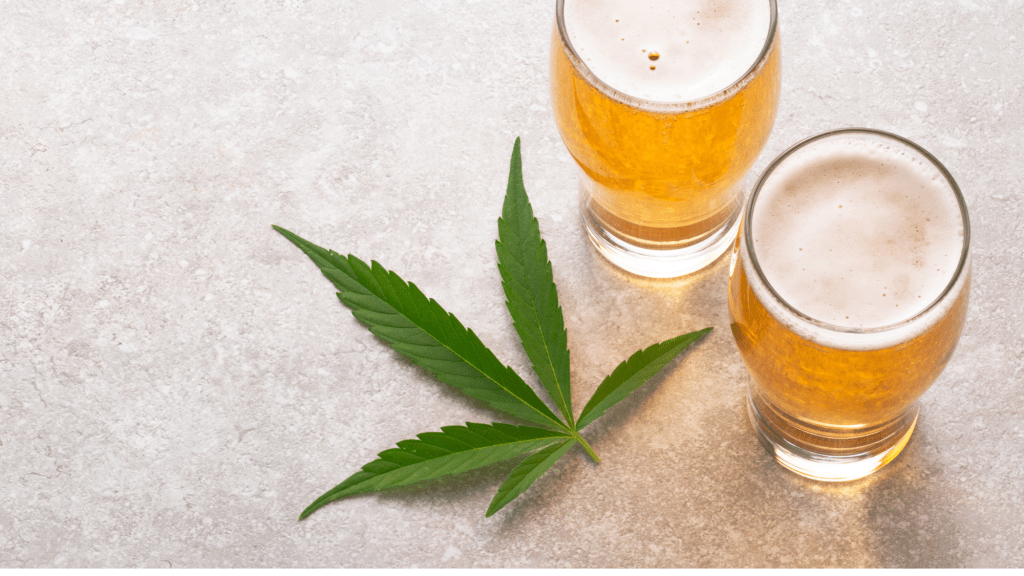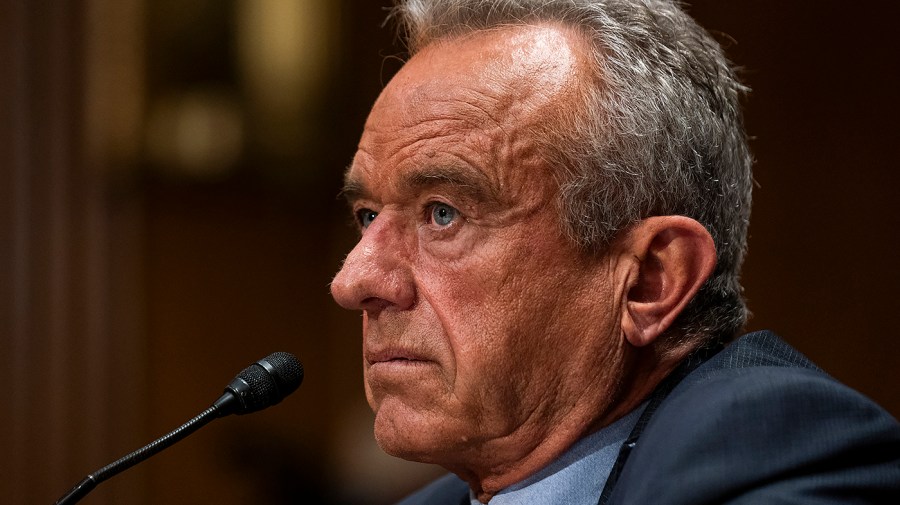Recent research highlights the potential of music as a complementary therapy in managing pain for patients undergoing surgery or dealing with illness. Hospitals and healthcare facilities are increasingly enlisting the help of musicians and singers to create an environment that aids in pain relief and enhances overall patient well-being.
Music’s Impact on Pain Management
Studies conducted in various medical settings are revealing that music can significantly alleviate pain and anxiety. For instance, a systematic review published in 2023 found that patients who listened to music before, during, or after surgical procedures reported lower levels of pain compared to those who did not. This growing body of evidence is prompting health professionals to explore innovative ways to integrate music into treatment plans.
In hospitals across the United Kingdom, musicians are now performing live for patients in recovery rooms and waiting areas. This initiative not only aims to distract patients from their discomfort but also fosters a calming atmosphere that can improve healing. The initiative has garnered positive feedback, with reports indicating up to a 30% reduction in pain perception among patients exposed to music therapy.
Collaboration Between Healthcare and the Arts
The collaboration between healthcare providers and the arts community has sparked a wave of interest in holistic approaches to pain management. Musicians are being trained to understand the needs of patients and tailor their performances to suit different medical contexts. This includes selecting appropriate genres and tempos that resonate with patients, whether they are recovering from major surgeries or enduring chronic conditions.
According to Dr. Emily Hart, a leading researcher in music therapy, “The integration of music into patient care represents a significant shift in how we approach pain management. It acknowledges the emotional and psychological aspects of healing, not just the physical.” Such statements underscore the importance of a multidisciplinary approach in healthcare.
Furthermore, hospitals are not only using live music but are also incorporating recorded music into their recovery protocols. Patients are being provided with playlists that cater to their personal preferences, allowing them to engage with music that they find soothing. These measures are believed to enhance the overall patient experience during recovery.
As this trend continues to gain traction, more hospitals are likely to adopt similar practices. The potential for music to serve as a non-invasive pain relief method could transform patient care in profound ways, shifting focus from purely pharmacological solutions to more holistic therapies that address both body and mind.
In conclusion, the increasing recognition of music’s role in pain management reflects a broader understanding of health and healing. As hospitals embrace this innovative approach, the hope is that many more patients will benefit from the soothing power of music during challenging times.







